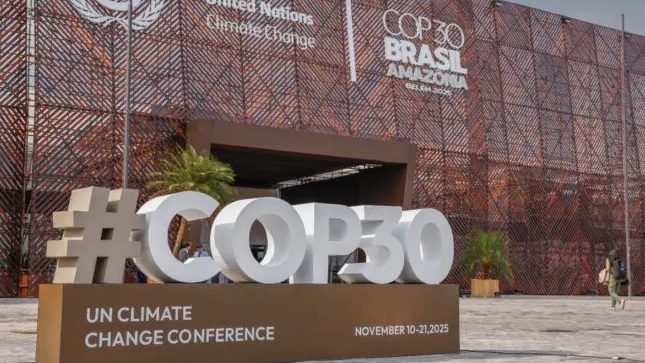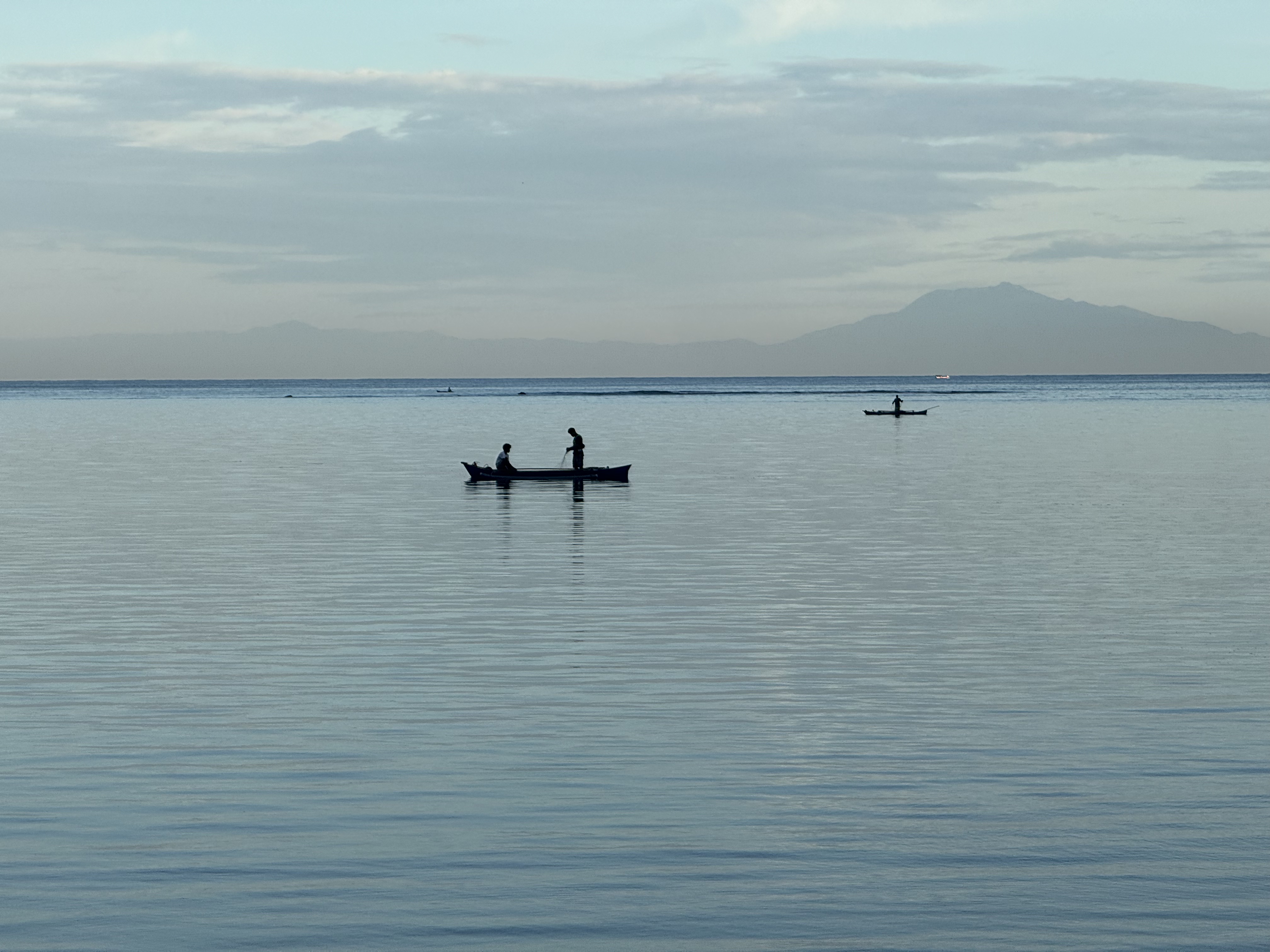“If you are always trying to be normal, you will never know how amazing you can be.”
– Maya Angelou –
I must have been really, really good in a past life because in this one I’ve made so, so many mistakes. So many. You might think I’m being dramatic but I’m really not. Yet, somehow despite the vast number of errors in judgement which litter my past, I have amassed an extraordinary amount of exceeding good fortune which has culminated in the beautiful life I live today. While my day job is not easy by any stretch, which I have written about in previous blogs, I get to work with amazing people. In recent years that includes an increasing number of young change makers who inspire me every day to do better, be better. I don’t always succeed but I sure do try.
Recently I was on a call with several colleagues including two of those young leaders, both of whom are from the global South. These two young women are fierce; committed to standing up for the world’s most vulnerable and unafraid to use their voices to do so (at least that’s what I thought). In my head I translated that “fierceness” to come from an unshakeable confidence. However, on this day some of their insecurities were revealed and I got a front row seat to how the insecurities of these young women are shaped by a system which puts more value on the ideas, perspectives and opinions of those in the global North.
The call we were all on that day was with a team of researchers from a think tank I often work with, a great team of people doing really important work. One of those colleagues was a white man. At the beginning of the call we spoke briefly about his area of work and then moved on with the call. There were a few folks with PhDs on the call, including this particular colleague, but that’s not unusual. After the call I had an informal chat with one of the young leaders to talk about how to take the discussion forward. She told me hadn’t felt comfortable articulating her views on the call itself. She didn’t feel she had anything to offer as she doesn’t have a PhD. My heart broke in slow motion.
In my work on leadership I often cite the following quote which is part of a speech called the Citizen in the Republic which Teddy Roosevelt gave a year after leaving office (and having spent much of that time hunting in Central Africa – it was a very different time and I don’t have time to go there). The quote I often use to illustrate the “messiness” of leadership is the following:
"It is not the critic who counts; not the man who points out how the strong man stumbles, or where the doer of deeds could have done them better. The credit belongs to the man who is actually in the arena, whose face is marred by dust and sweat and blood; who strives valiantly; who errs, who comes short again and again, because there is no effort without error and shortcoming; but who does actually strive to do the deeds; who knows great enthusiasms, the great devotions; who spends himself in a worthy cause; who at the best knows in the end the triumph of high achievement, and who at the worst, if he fails, at least fails while daring greatly, so that his place shall never be with those cold and timid souls who neither know victory nor defeat."
Recently I’ve started using this quote about the “man in the arena” (it was a very different time – hunting lions was still en vogue then) in my broader work on climate policy to make the point that our work on climate change must be driven by the needs of those most vulnerable to the impacts. Because they are in the arena. They know more than anyone else what we need to do in order to address climate change. Their views and perspectives matter more. They just do.
For the young change maker who felt intimated because doesn’t have a PhD and didn’t know what she could add to the conversation I would say this (and I did): You are in the arena. In our work to support the most vulnerable people, communities and countries address the impacts of climate change, your opinion, your views, your perspectives are more important than mine. They just are. Because you are in the arena. Sure, I’m there with you in spirit. But I haven’t been on a plane in closing in on 15 months. I support you from afar in my cozy flat in the UK but I’m not in the arena with you physically (though you certainly live in my heart and I hope I in yours).
The irony is that I can say with complete certainty that the white male researcher who intimated my young colleague wanted so badly to hear her perspectives, to learn from her experience. Yet, we’ve built this world in such a way that the opinions and perspectives of white folks from the global North are given more weight. And that has trickled down to make many BIPoC colleagues in the global South feel less worthy. Here’s the other thing I told my young friend the other week: You get to make your own terms of reference in this life. You don’t have to fit into someone else’s world to make change. They can fit into yours. And you certainly don’t have to be “normal”. I tried that once and it didn’t work out so well.
This made me think of a quote often attributed to Steve Jobs, who narrated the Apple commercial in which it was first introduced, but more than likely comes from the advertising agency which developed the ad (probably a woman – just saying). The quote goes like this:
Here’s to the crazy ones, the misfits, the rebels, the troublemakers, the round pegs in the square holes . . . the ones who are crazy enough to think they can change the world, are the ones who do.
I hope the young change makers I work with see how much they bring to the table, to the work they do on the ground, to the global climate negotiations and to everything they do just by being themselves. I hope they continue to feel free to be disruptors, rebels and troublemakers. Because they are already changing the world being exactly who they are. We have so much to learn from them. So let’s adjust those terms of reference and the global system on which they are based and start prioritizing the needs of those in the arena in our work on climate change.
Erin Roberts is a climate policy researcher and strategist who recently began processing the challenges she confronts in her work through the art of blogging. She finds it very cathartic (for her and hopefully for you too). She used to process her emotions with the support of vegan ice cream. However, after giving up sugar several months ago it now puts her into a diabetic coma. She hopes you enjoy this blog (and will now stop writing in the third person).



